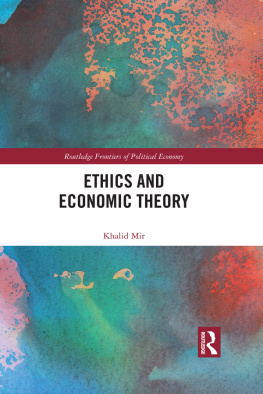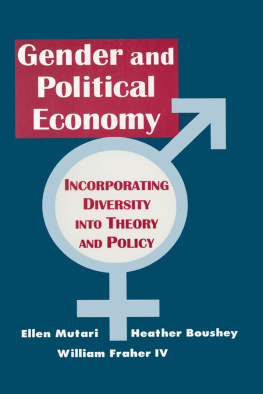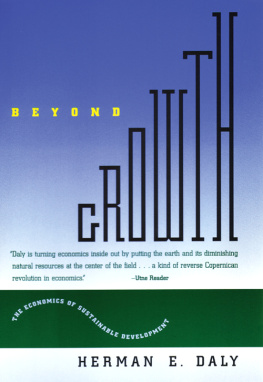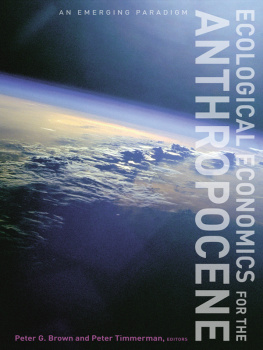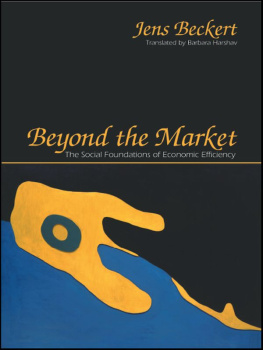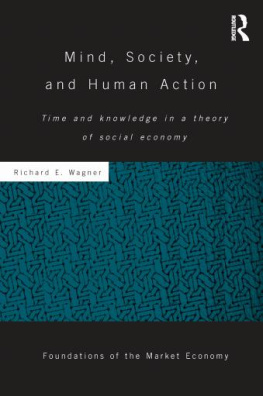First published 2019
by Routledge
2 Park Square, Milton Park, Abingdon, Oxon OX14 4RN
and by Routledge
711 Third Avenue, New York, NY 10017
Routledge is an imprint of the Taylor & Francis Group, an informa business
2019 Khalid Mir
The right of Khalid Mir to be identified as author of this work has been asserted by him in accordance with sections 77 and 78 of the Copyright, Designs and Patents Act 1988.
All rights reserved. No part of this book may be reprinted or reproduced or utilised in any form or by any electronic, mechanical, or other means, now known or hereafter invented, including photocopying and recording, or in any information storage or retrieval system, without permission in writing from the publishers.
Trademark notice: Product or corporate names may be trademarks or registered trademarks, and are used only for identification and explanation without intent to infringe.
British Library Cataloguing-in-Publication Data
A catalogue record for this book is available from the British Library
Library of Congress Cataloging-in-Publication Data
A catalog record for this book has been requested
ISBN: 978-0-815-39514-0 (hbk)
ISBN: 978-1-351-18445-8 (ebk)
Typeset in Galliard
by Apex CoVantage, LLC

Routledge Frontiers of Political Economy
The Political Economy of Lulas Brazil
Edited by Pedro Chadarevian
Resisting Financialization with Deleuze and Guattari
Charles Barthold
Class and Property in Marxs Economic Thought
Exploring the Basis for Capitalism
Jrgen Sandemose
Economics, Ethics and Power
From Behavioural Rules to Global Structures
Hasse Ekstedt
Supranational Political Economy
The Globalisation of the State-Market Relationship
Guido Montani
Free Cash, Capital Accumulation and Inequality
Craig Allan Medlen
The Continuing Imperialism of Free Trade
Developments, Trends and the Role of Supranational Agents
Edited by Jo Grady and Chris Grocott
The Problem of Political Trust
A Conceptual Reformulation
Grant Duncan
Ethics and Economic Theory
Khalid Mir
For more information about this series, please visit: www.routledge.com/books/series/SE0345
Contents
Guide
Any book is the result of a number of relationships and since this book in your hands is also about relationships it is important to acknowledge the great debt I owe to a number of people. My department at The Lahore University of Management Sciences (LUMS) has always given me ample room to explore a rather less than conventional approach to economics. In particular, Ali Cheema persuaded me to teach a course in Philosophy and Economics at LUMS many years ago. I am grateful to him (even though I have lingering doubts as to the wisdom of my response). Other colleagues (Turab Hussain, Mozaffar Qizilbash, and Zahid Ali) have provided me with immense encouragement throughout the writing of the book. I have profited greatly from many stimulating discussions with my dear friend and colleague, Daud Dard. I eagerly await the publication of his own book. Sam Fleischacker, Lisa Hill, and Stefano Zamagni were gracious enough to share some of their work with me. I would like to thank my family, Hajirah, Rasheel and Hamza for (hopefully!) overlooking my many hours of absence. I would also like to express tremendous gratitude to my research assistant, Ali Iftikhar, for his diligence and professionalism. Over and above those qualities I have come to value his keen insights and probing questions. But the life of the mind is perhaps one thing and friendship another. So, I would like to thank him for his friendship more than anything else.
7
Do markets crowd out ethics?
He who owes his good fortune to the numbers abides in them.
(Crouch, 2015, p. 66)
The task of an educator is to stand against a current which will in fact probably overwhelm him.
(MacIntyre and Dunne, 2002, p. 1)
7.0 Introduction
In previous chapters we have seen that what undergirds mainstream economic models of behaviour are the structuring assumptions of rationality, self-interest and individuality. Only in recent years has this view been dented somewhat and it admitted that markets are the result of both the interactions of individuals as well as social features of society (trust, goodwill, (moral) norms, culture and institutions). In other words, a flourishing market economy is best understood not simply as a spontaneous order that miraculously emerges from the actions of isolated and amoral rational self-interested individuals. If that is true then economic theory quite obviously has to take sociality and ethics seriously.
For some authors the statements above imply that markets and market behaviour are not necessarily devoid of ethics. For others, though, they just go to reinforce the notion that the success of markets (capitalism) has been dependent on their (its) ability to free-ride on pre-modern social capital and moral values. In other words, the flourishing of market economies is dependent on areas of social and political life that escape the frontiers of the market. Accumulation and economic growth, then, are reliant on the existence of non-commoditized capacities, practices and dispositions such as female labour, ethical behaviour, cognitive abilities and natural resources.
In this chapter we take the latter perspective seriously and examine the implications of such a view. Is it the case, we might ask, that the expansion of market behaviour (purportedly based purely on the interactions between rational, self-interested individuals) leads to a diminishing of social capital and/or ethical values? And if so, does such a process also result in an undermining of the economy itself?
I have already broached these question in the previous chapter but it is a large and unwieldy one. So, in this chapter I will try and look at it from a slightly different and narrower angle by asking whether market ideology, practices, policies and reforms have undermined not just the public sector but the public sector ethos (or the public). I take this ethos to encompass a wide set of attitudes, values, motivations and institutional practices but well come to definitions later.
To try and get a grip on this vitally important question, one that is at the heart of many current policy debates, it is necessary to first introduce what is meant by the public (section 1). From there I look at the rise and decline of the public in a historical context (sections 2 and 3). Can we even talk about the public as a category of experience that transcends empirical and historical realities? In the following two sections (4 and 5) I then turn to briefly look at the impact of the growing pervasiveness of market mechanisms (quasi-market reforms) such as performance related pay on the public ethos. In section 6, I look at the specific example of the university in an era of neoliberalism as a way of understanding how the extension of market practices and mentalities in higher education can crowd out important values. This is just another way of stating the main thesis of this book: unadulterated markets, and the structuring assumptions of an economic theory that supports them, can have important ramifications for the way in which we understand ourselves as well as our relation to other people and objects of value.

